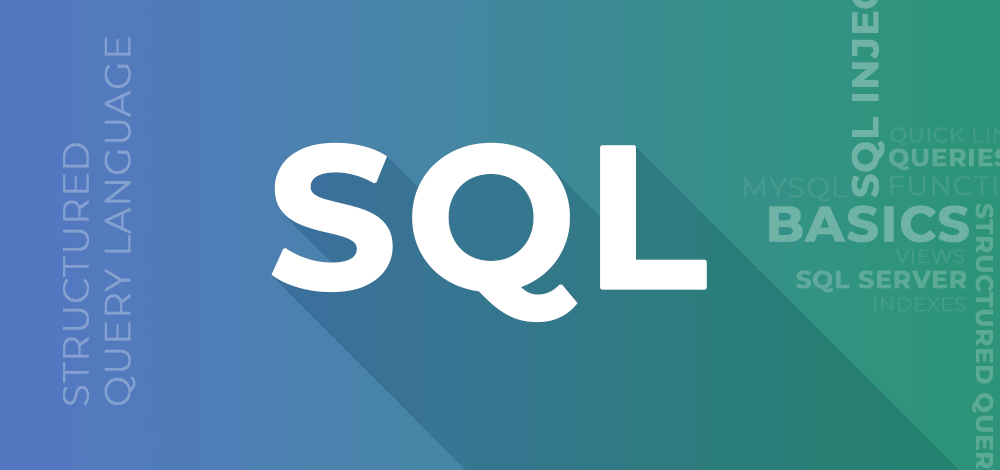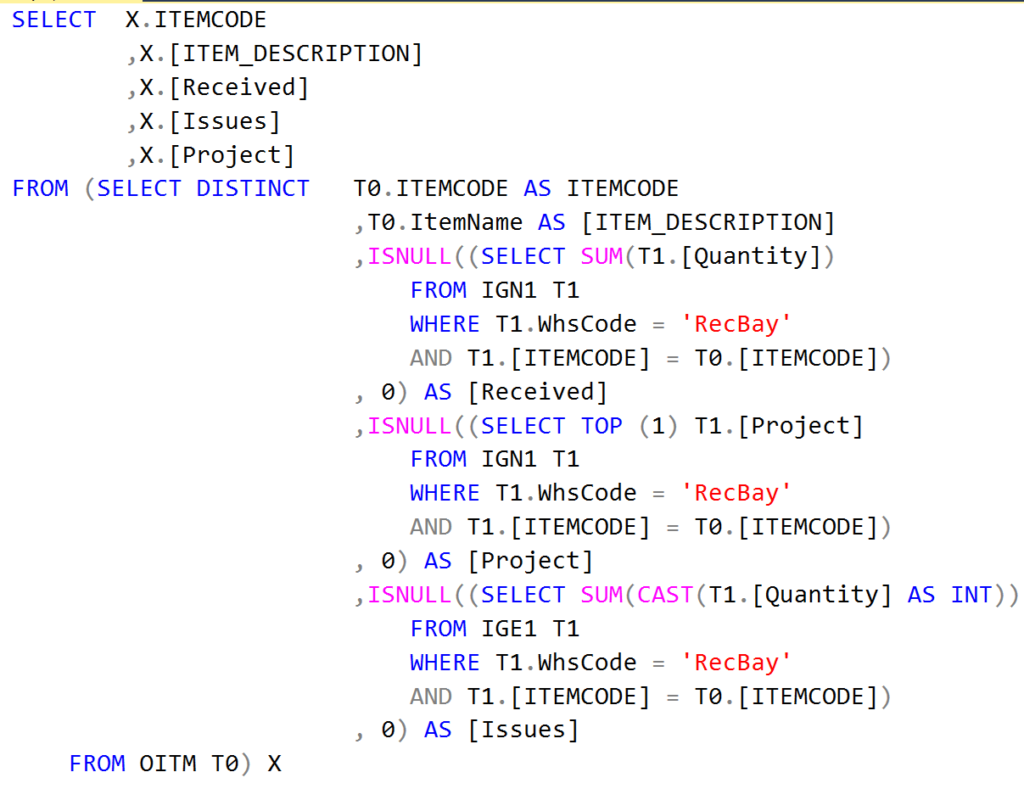SQL
WHAT IS SQL?
- SQL is a programming language used to manage and manipulate relational databases. It allows users to write queries to create, modify, and retrieve data from databases.
- SQL provides commands for inserting, updating, and deleting data in a database. It also offers powerful querying capabilities to retrieve specific data subsets based on specified criteria.
- SQL includes commands for defining and modifying the structure of a database. Users can create tables, define columns, establish relationships between tables, and set constraints to ensure data integrity.
- SQL is a standardized language, ensuring compatibility across different relational database management systems (RDBMS). SQL queries and commands can be used in various environments without major modifications, making it portable and widely applicable.

USE OF SQL
- SQL is essential for managing databases effectively, ensuring data organization, and maintaining the structure of tables, indexes, and relationships.
- It allows users to retrieve specific data subsets, perform complex operations, aggregate data, and generate insightful reports for data analysis and decision-making.
- With SQL, users can modify data by inserting new records, updating existing ones, and deleting unwanted data, ensuring data consistency and accuracy.
- SQL provides mechanisms to enforce data integrity, including primary keys, foreign keys, unique constraints, and check constraints, preventing invalid data entries.
- User management and access control features in SQL enable administrators to assign privileges, control access to databases, and maintain data security.
WHAT ARE THE FEATURES OF SQL?
Data Querying – SQL provides a rich set of commands and syntax for querying databases, allowing users to retrieve specific data subsets based on criteria, perform aggregations, join tables, sort results, and filter data.
Data Manipulation – SQL enables users to insert, update, and delete data in a database. It provides commands to add new records, modify existing records, and remove unwanted data, ensuring efficient data manipulation.
- Views and Stored Procedures – SQL supports the creation of views, which are virtual tables based on queries, and stored procedures, which are pre-defined sets of SQL statements. These features enhance code reusability, modularity, and simplify complex operations.


Data Definition – SQL allows users to define and modify the structure of a database. It includes commands for creating tables, defining columns and their data types, establishing relationships between tables, and setting constraints for data integrity.
Data Control – SQL provides features for user access control and security. Users can define user accounts, assign permissions, control access to databases and tables, and manage user privileges, ensuring data security and privacy.
Transaction Management – SQL supports transactional operations, ensuring data consistency and reliability. Users can group multiple database operations into transactions, allowing them to be executed atomically (all or nothing), rolled back in case of errors, or committed to the database.
THE BENEFITS OF LEARNING TO CODE WITH SQL
Powerful Data Manipulation – Learning SQL enables you to efficiently manage and manipulate data in databases. You can retrieve, modify, and delete data using SQL queries, empowering you to work with large datasets effectively.
In-Demand Skill – SQL is widely used in industries such as finance, healthcare, e-commerce, and more. By learning SQL, you gain a valuable skill that is in high demand, opening up numerous career opportunities in database administration, data analysis, and data-driven roles.
Improved Data Analysis – SQL allows you to perform complex data analysis tasks by leveraging its querying capabilities. You can aggregate, filter, and sort data to extract meaningful insights, supporting better decision-making and problem-solving.
Seamless Integration – SQL integrates well with various programming languages, business intelligence tools, and data analytics platforms. This compatibility enables you to integrate SQL queries into applications, perform data transformations, and create reports with ease.
Data Integrity and Security – SQL emphasizes data integrity through constraints, ensuring the accuracy and consistency of data. Learning SQL enables you to implement these constraints, enhancing data quality and maintaining the integrity of databases.
